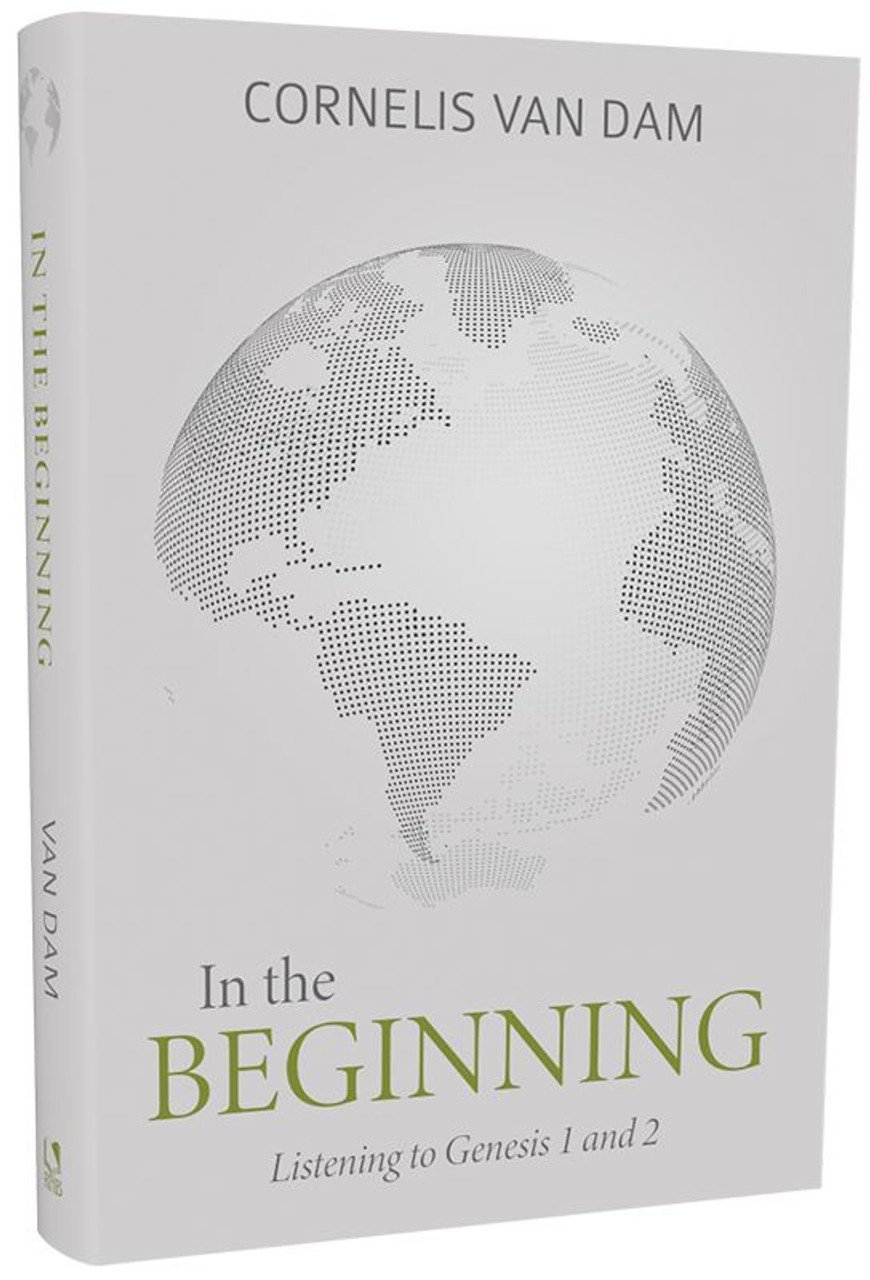Listen to Genesis 1 and 2
Posted by Cornelis Van Dam on 2nd Apr 2021
What are we to make of the opening chapters of Genesis? Do they constitute real history or not? The prevailing academic consensus is that Genesis 1 and 2 are not recounting actual historical events. Yet, on its face, these chapters appear to give an account of what happened when God created the world. What do we make of this conundrum?
Closely related to the issue of whether Genesis recounts actual history is the uncertainty and confusion about the origin of the human race that many Christians experience today. How did we get here? Who gives the true account of the beginning of the world in which we live, science or Scripture, or is this a false dilemma? Can Scripture be honored and understood to agree with current scientific hypotheses of human origins?
These are momentous questions. There appears to be a growing consensus among conservative interpreters of Scripture that we can accommodate our understanding of Scripture to the view of origins given by current mainstream science, particularly in astronomy, geology, and evolutionary biology. Now secular science excludes any intervention by God and attributes all development to natural law and very long periods of time, but Christians who embrace today's regnant scientific theories speak of theistic evolution to indicate God's involvement in bringing creation to its present form.
Due to the pressures of the dominant scientific evolutionary hypotheses, influential evangelical, Reformed, and Presbyterian scholars who testify that they want to honor the authority of God's Word are no longer certain that they can accept the biblical account of Genesis 1 and 2 at face value. Consequently, different proposals for understanding these chapters have been made so that current mainstream science and the opening chapters of Scripture can somehow be harmonized. The common result is that Genesis 1 and 2 cannot be accepted at face value as narrating historical events. What are we to think of this? How should we interpret the opening chapters of Scripture? How does science relate to explaining or understanding the biblical record of creation? These issues need to be addressed.
The purpose of my new book, In the Beginning: Listening to Genesis 1 and 2, is to contribute to the ongoing discussion among Bible-believing scholars. Its focus is to determine whether the creation account is a historical report of what actually happened. This is the view that the vast majority of Christians has held through the ages. Of course, in making this determination, we not only need to listen to Scripture, but we must also address the issue of how science fits into this discussion. God has not given the Bible to serve as a science textbook. That is not its purpose. On the other hand, God’s Word is true. God does not lie (John 17:17; Titus 1:2).
Indeed, in listening to the first chapters of Genesis, we recognize its divine authority, and we submit to it in faith, knowing that “the fear of the Lord is the beginning of knowledge” (Prov 1:7). Faith seeks understanding. That involves using our reason and intellect, knowing that God does not contradict himself in His Word. It also entails seriously interacting with views put forth by evangelicals that challenge traditional readings of the creation account. Faith seeking understanding also involves prayer for discerning the true meaning of the biblical text.
It is a daunting task to understand Genesis 1 and 2, but it is also encouraging to know that God communicates to us in the Bible in a manner that we can understand. The clarity of Scripture means that God accurately transmits exactly what He wants to convey using the medium of human language. It is, therefore, not an impossible task to discern the basic meaning of a biblical text. Yet, we need to approach such a task humbly, knowing that God is the Creator and we are but mere creatures who need to recognize our limitations. There are passages we may not fully comprehend. But the Lord God has graciously given us the creation account so that we can indeed study it, reflect on it, and above listen carefully to it to try to discern its true meaning.
Such an endeavor can only lead to praising God for His incredible work of creation! After all, the creation account is also part of the gospel, the Good News.

The gospel includes creation.
Cornelis Van Dam’s book is available from Reformation Heritage Books.
